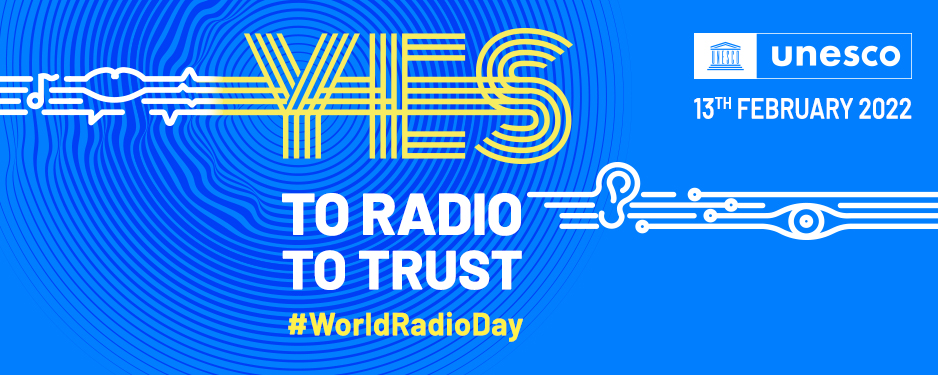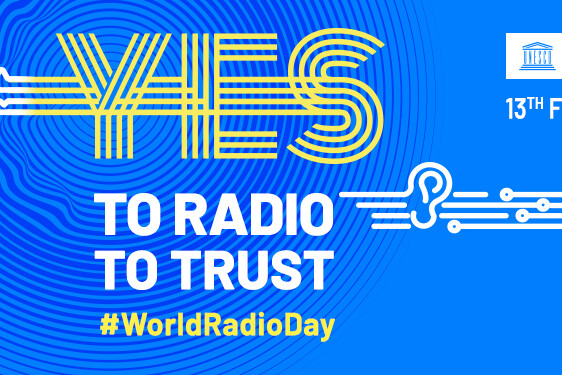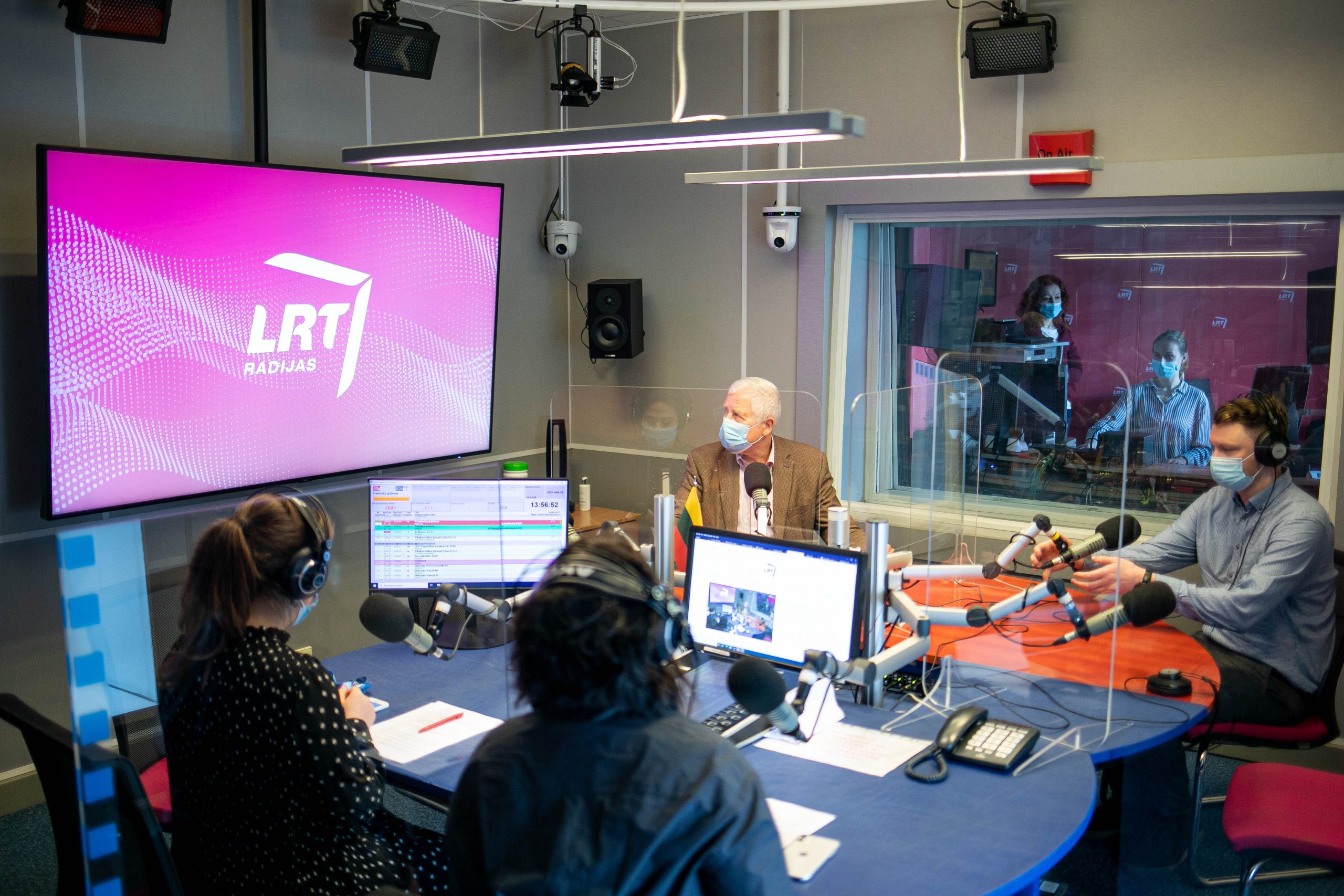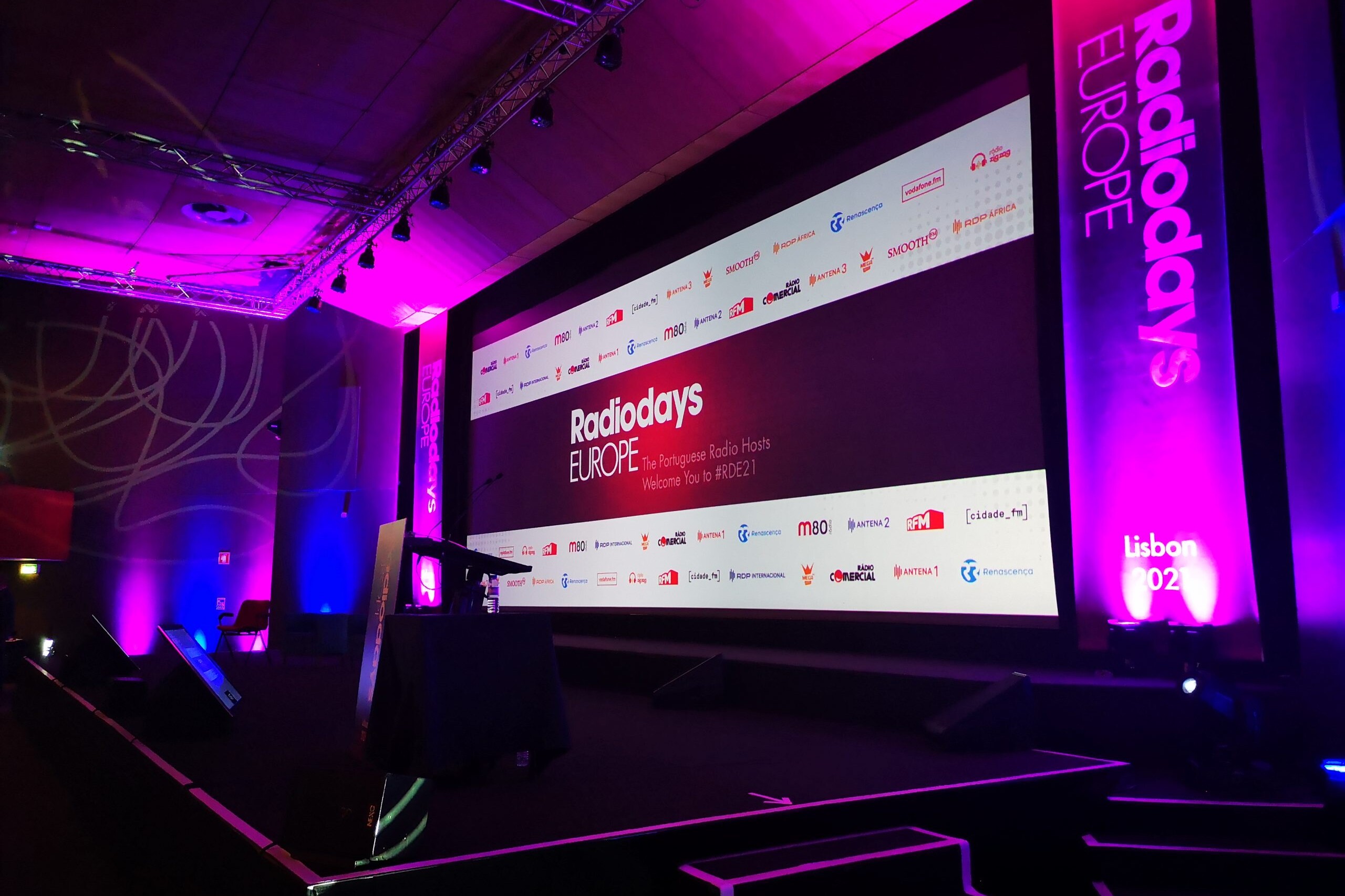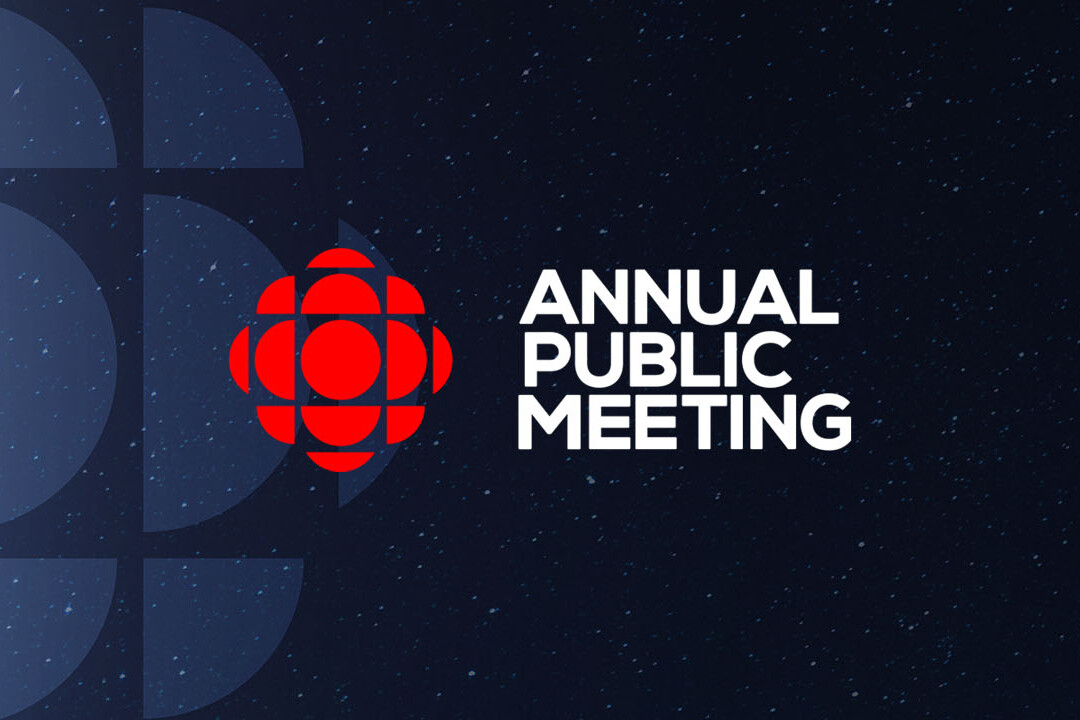“Yes to Radio, Yes to trust”. This is the theme for World Radio Day 2022, held on 13th February.
The theme is fitting because, even in the current climate of growing distrust in journalism and the abundance of choice of platforms and content in an ever-evolving media landscape, radio remains the most trusted, prevalent, and accessible medium in people’s lives.
Its resilience has often played a life-saving role during times of crises, and its ability to evolve, innovate, and connect people through the airwaves is beyond compare. This has been clearly demonstrated throughout the past two years, as people around the world tuned-in, not only for accurate and trusted information about the COVID-19 pandemic, but for a familiar voice and company during periods of isolation.
Public service radio, which celebrates 100 years of existence this year, is no exception. Of course, many public media organisations now offer multiplatform radio and audio services, including podcasts and on-demand content, which enables listeners to seamlessly tune into their favourite radio programmes whenever and wherever they choose. But what hasn’t changed is that public radio continues to play a critical role in societies around the world, providing accountable, impartial, accessible, and independent sources of information, education and entertainment.
It is for these reasons that PMA is proud to showcase some of the best radio from our global membership to celebrate this year’s UNESCO World Radio Day – demonstrating how and why public radio stations continue to maintain the trust of their audiences.
Reliable & impartial news and information
In the era of mis- and disinformation, what is the most trusted source of news and information?
“It’s a conundrum that news organisations must confront in the increasing digitalised media landscape” said Blossom Alexis-Welsh, Senior Producer of the Grenada Broadcasting Network (GBN). Having dominated the island’s airwaves for more than forty years, “the Grenada Broadcasting Network is ever mindful of ensuring that it guards its reputation as a trusted source of information and education.” GBN broadcasts 24/7 across three radio channels and reaches remote corners of Grenada to provide listeners with the latest updates, and reliable local and international news, from the COVID-19 pandemic to the local impacts of climate change.
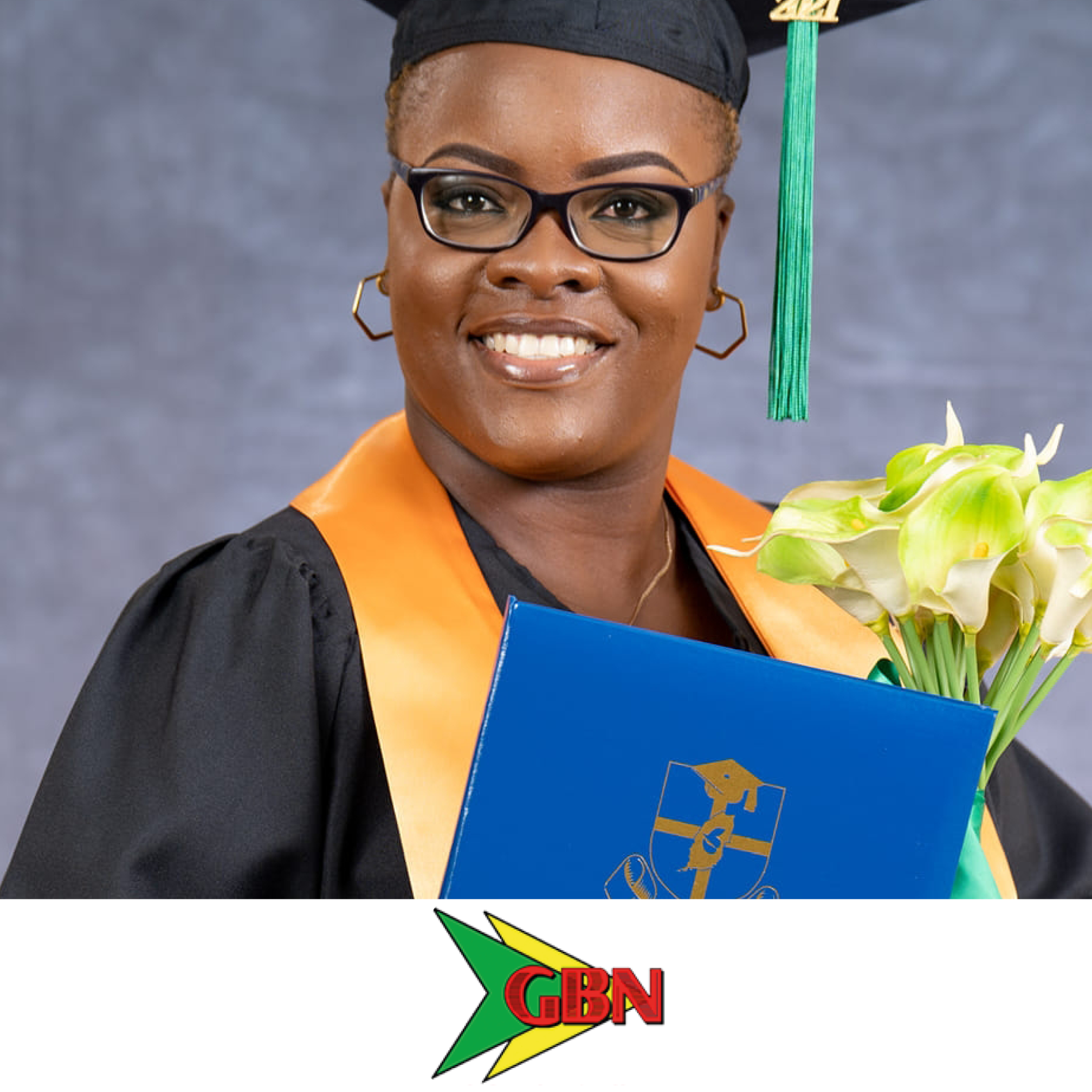
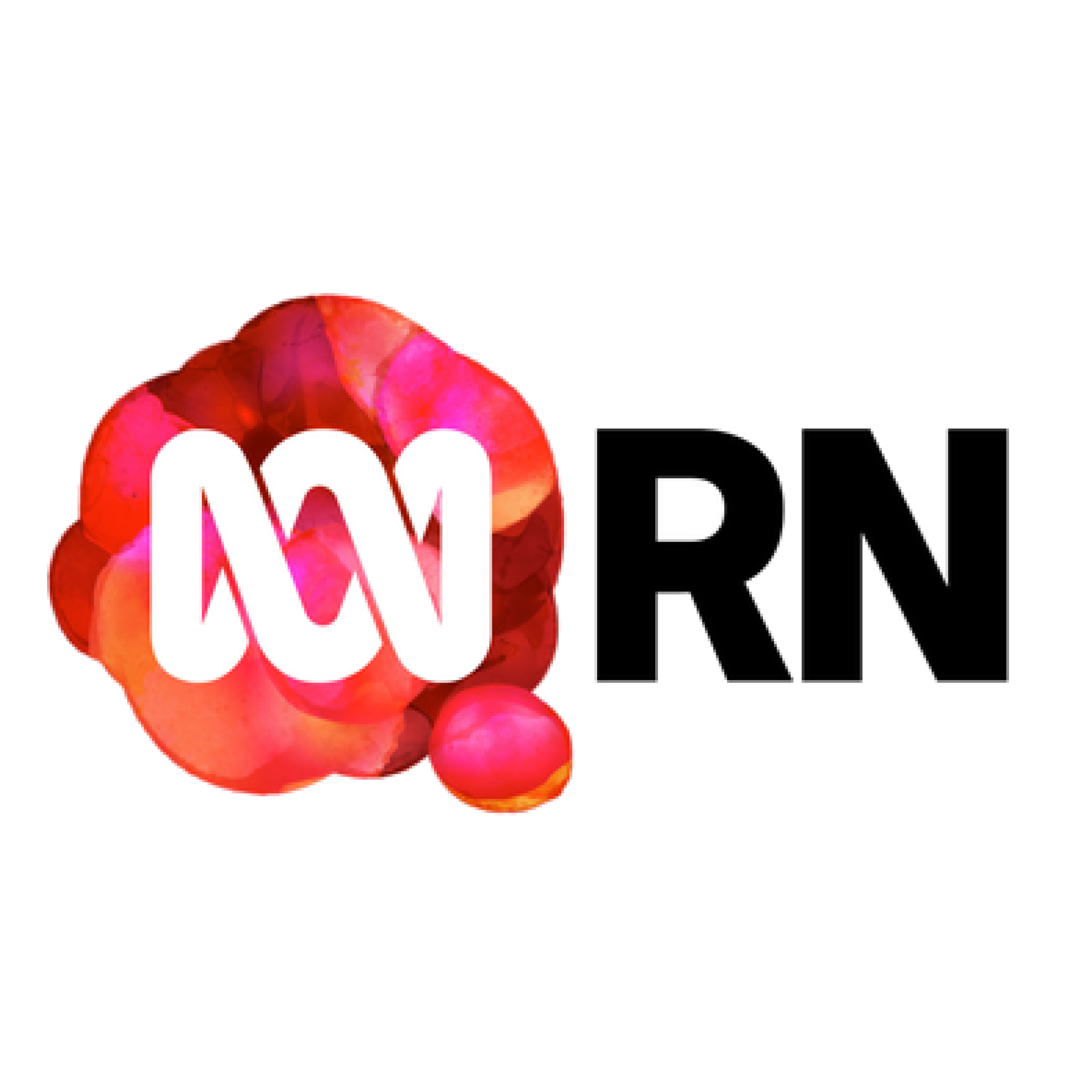
For Australia’s largest public broadcaster, ABC, establishing trust with audiences at home and abroad is all about “specialisation and quality”. In 2020-21, its radio network Radio National (RN) recorded an average weekly five-city metropolitan reach of 699,000 and 7.8million monthly unique podcast downloads (an increase of 16% compared to 2019-20). RN’s podcasts and radio shows aim to go “beyond the news headlines to tell stories with national and global implications”, covering a multitude of issues, from the Israel-Palestine conflict and safeguarding biodiversity, to exploring the ethics of technology and the personal experiences of people living with disabilities. “Audiences trust the voices and expertise of numerous ABC presenters across the range of genres of interest, including science, politics, religion and ethics, music and the arts” ABC told PMA.
Local news and relevance
Local news organisations are essential for democracy. They hold local authorities to account and help to explain the local impacts of global issues, such as climate change. Yet, many are experiencing a rapid decline in advertising revenues and subscriptions, exacerbated by the COVID-19 pandemic. Subsequently, there has been a growth in local news deserts, leaving many communities across the world with little to no access to quality local news sources. Public media like CBC/Radio-Canada and Radio Jamaica have been stepping up during this local journalism crisis, reaching people in more remote areas and creating more locally relevant content.
According to a 2020 survey, 83% of Canadians believe that their national public broadcaster, CBC/Radio-Canada, is a trusted source of information and that there is a clear need for its role in the future. Its core values include integrity, creativity, relevance, and inclusiveness. With 83 radio stations and 27 television stations located across the country, CBC/Radio-Canada provides dedicated local news coverage region-by-region.

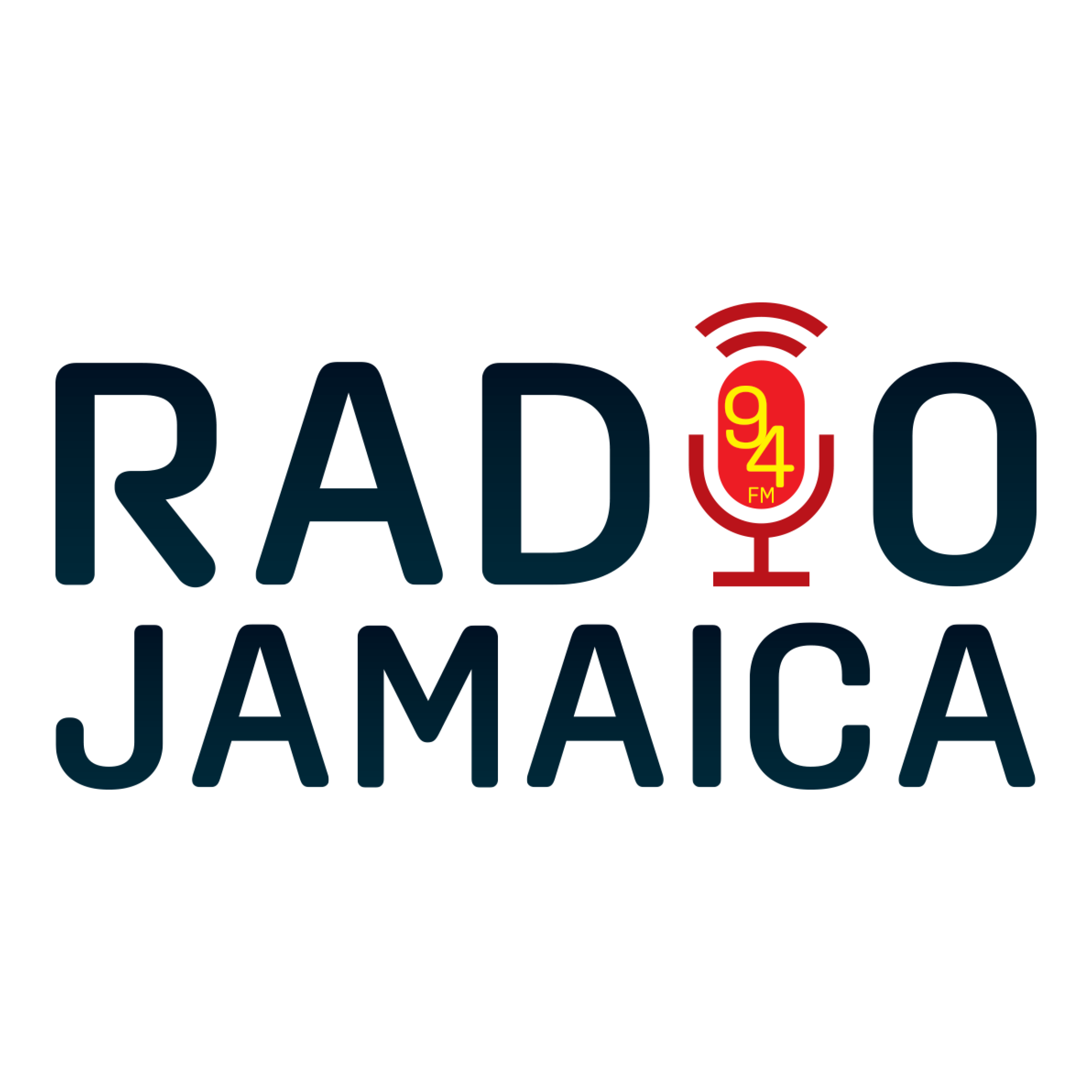
In recent years, Sweden’s public radio organisation, Sveriges Radio (SR), has placed greater emphasis on enhancing local news coverage beyond the big cities, covering all of Sweden’s 290 municipalities. This is achieved through permanent or pop-up editorial offices, which provide 240 hours of local broadcasts every weekday on P4’s 25 local channels with local voices, news, debates and cultural content.
In addition, SR is experimenting with editorial algorithms on its app and websites with an aim to increase SR’s trustworthiness and personalisation, as well as save time in improving the quality of its journalism. This has allowed more of SR’s 800 reporters to report from the field, on location.“Toppnyheter” (“Top News”) is an automated playlist containing fifteen clips with the most important and relevant stories, with a clear link to SR’s public service mission. It is updated up to seven times an hour.
As a result of these efforts, 87% of the public have either a ‘high’ or ‘very high’ confidence in SR, a figure that has continued to grow, especially during the pandemic, and even among residents in rural areas. It’s commitment to local, credible, and impartial journalism has proven crucial during times of crises, and will be vital as Sweden approaches a general election this September.
New Zealand’s public radio station, RNZ, has the highest level of trust of any media organisation in the country. It recorded an increase in listeners last year, with 626,700 New Zealanders tuning into RNZ National weekly. From its own research, it found that 85% of New Zealanders aged 18 and over are aware of RNZ content from encountering it on at least one digital platform. RNZ delivers its content by way of content partnerships – reinforcing and amplifying its role as one of New Zealand’s most trusted sources of information in the Covid-19 era. As RNZ says, “In a time of partisanship and division, it’s great to celebrate the power of RNZ, and public media in general, to provide news and information citizens can trust. News and information which they do trust.”
RNZ has also enhanced its local news coverage with the establishment of a Local Democracy Reporting (LDR) programme in 2019. The LDR aims to address the so-called democracy deficit following a decline in regional reporter numbers in the past decade. According to a programme review in 2020, the LDR is “producing stories that would not otherwise have been written and which assist the audience to understand the decisions and actions done in its name.” The LDR is based on a BBC project to support public interest journalism at a local level in the UK.
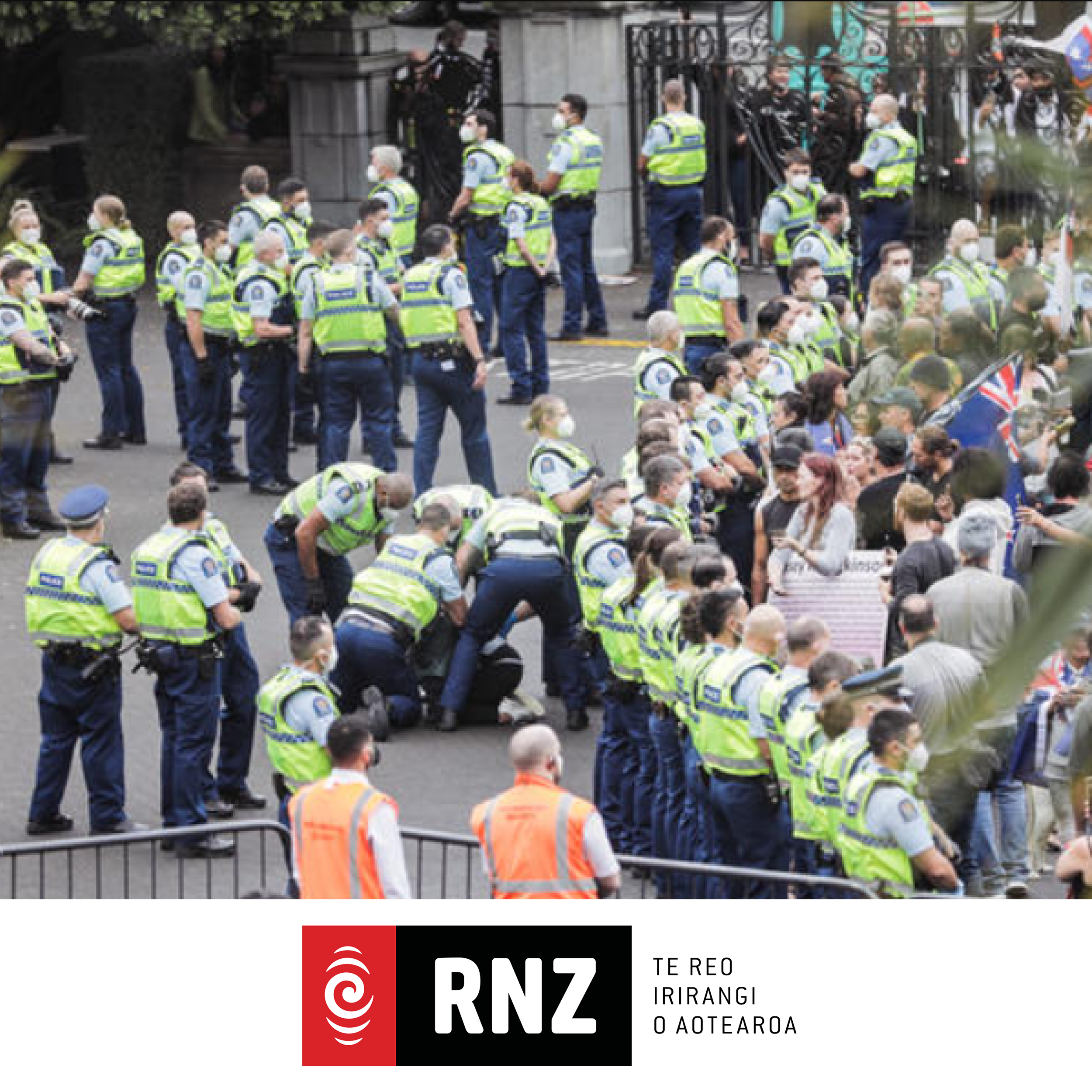
A lifeline during times of crisis
“I worried about the car battery, but 90FM was keeping us updated – and it made us feel safer, calmer.”
“There, without electricity, without a telephone, he clings like a lifeline to the 90FM radio, which will never stop broadcasting.”
These are the personal accounts of Tongans retelling their experiences of 15 January 2022 – the day the Hunga Tonga-Hunga Ha’apai volcano erupted. The ensuing tsunami temporarily cut off the South Pacific nation from internet, electricity, and telephone connections. Yet local radio station 90FM, Tonga’s main source of local broadcast news – run by the Tonga Broadcasting Commission (TBC) – continued to provide rolling coverage of the disaster. Updates were also provided by the BBC World Service via 90FM. As one resident described, the Tonga Meteorological Services shared warnings of the impending eruptions and a potential tsunami in the days leading up to 15 January, warnings that TBC continued to relay across its various platforms. Because of this collaborative preparedness and public radio’s vast reach and resilience during the crisis, it is suggested that thousands of lives were saved.

Time and again, public radio exceeds its role in providing wide-reaching, life-saving news services during times of crises and emergencies, with staff often working beyond their contracted hours and organisations often receiving no additional or dedicated funding for such costly output.
When Hurricane Dorian hit two islands in The Bahamas in September 2019, the Broadcasting Corporation of the Bahamas (ZNS) was ready to broadcast vital information. ZNS’ General Manager, Kayleaser Deveaux-Isaacs explained to PMA: “It seemed also exciting as we realised, this is why we exist! No other broadcast station, radio or television could reach every island, but ZNS.” This was despite the ZNS headquarters experiencing heavy rain and flooding. “Even in Freeport, with much damage, we found ways to ensure we were heard and seen.”
During Australia’s extreme bushfire season of 2019-20, Australians turned to the ABC. Research revealed that “not only was the national broadcaster the most trusted information source but lives were saved as a result of people acting on information the ABC provided.” According to the ABC, many people found ABC local radio services to be the only way to access timely, lifesaving information while digital and telecommunications were down. “At the height of the bushfire crisis (31 December-14 January) ABC Sydney and ABC NSW local radio produced 296 hours of rolling/continuous fire coverage, ABC Gippsland 134 hours, and ABC Melbourne 83 hours.”
Multilingual services
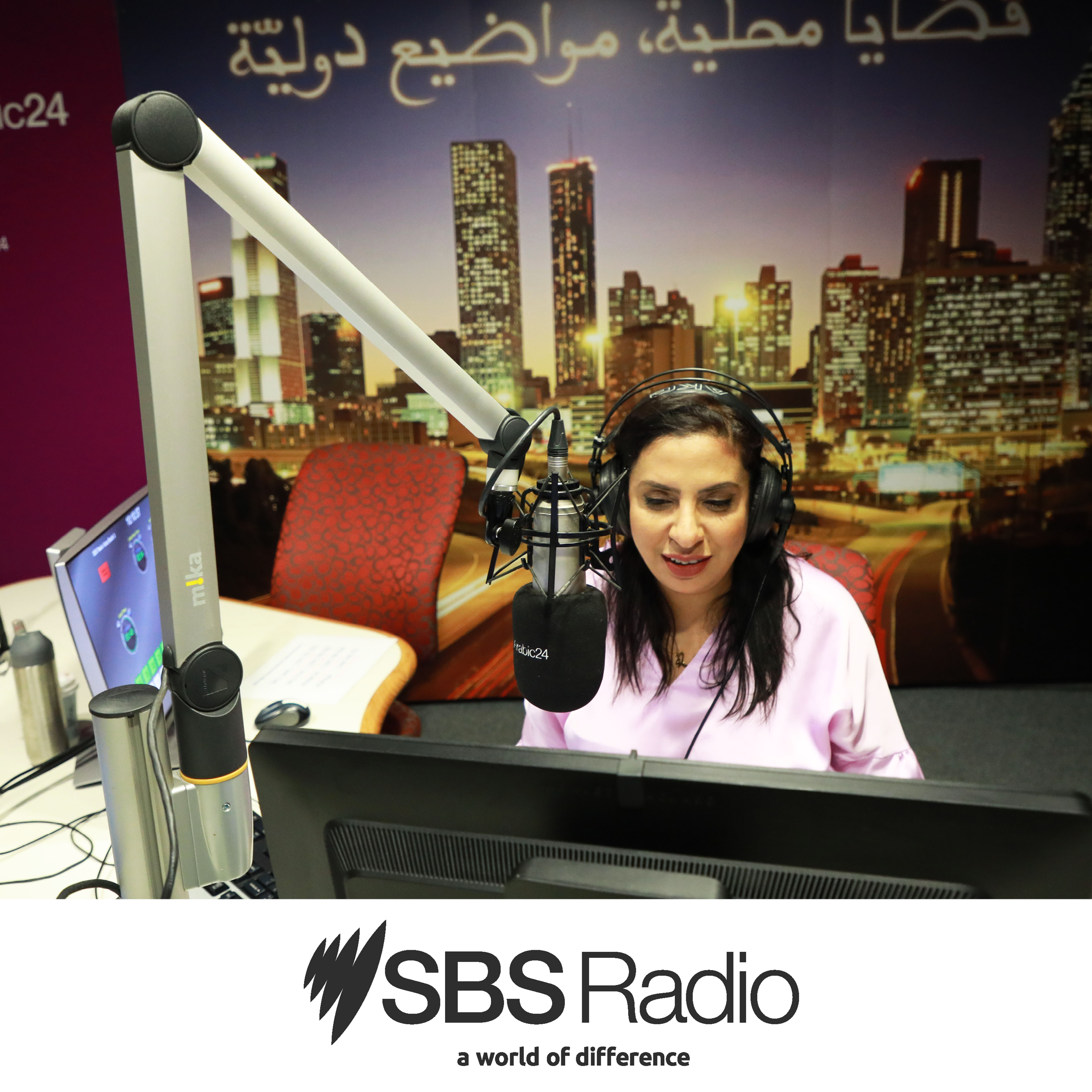
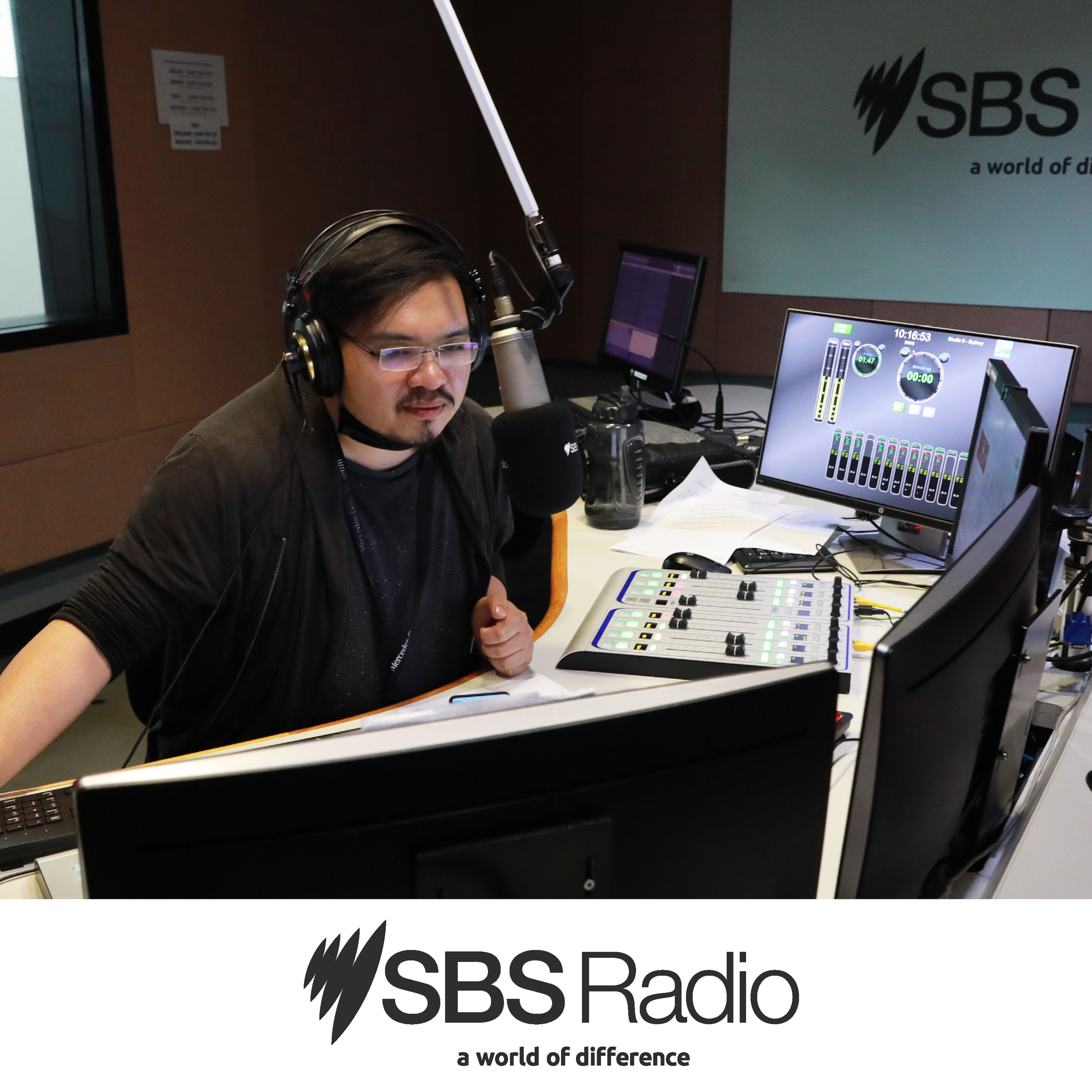
Many of PMA’s radio members extend their reach by producing in-language content. As publicly funded organisations, this commitment to improving accessibility and celebrating diversity is what exemplifies public radio’s essential role in social cohesion and meeting the diverse needs of all members of society. Such services are needed more than ever during the COVID-19 pandemic to ensure that everyone, everywhere has the information they need to understand key developments, regardless of what language they spoke.
Nearly five million Australians speak a language other than English at home. As the world’s most linguistically comprehensive broadcaster and Australia’s second public broadcaster, the core mandate of the Special Broadcasting Service’s (SBS) is to reflect Australia’s multicultural society. Since the start of the COVID-19 pandemic, SBS has led the way in catering to its diverse audience’s needs by broadcasting trusted and timely COVID-related information and resources in more than 60 languages , including specialised content for recently-arrived migrant and refugee communities. “At SBS we are making sure that in a world of fake news and misinformation, our audiences can trust us to give them the facts in their language” said SBS Macedonian Executive Producer Radica Bojkovska.
CBC/Radio-Canada also operates in one of the world’s most multicultural and diverse populations. It is committed to reflecting Canada’s indigenous peoples – offering content in eight indigenous languages via CBC North. Canadian news is also translated and adapted in seven foreign languages (Arabic, Chinese, English, French, Spanish, Punjabi and Tagalog) via Radio Canada International, the country’s leading multilingual news source, ensuring greater engagement among these communities with relevant and newsworthy content. A weekly news podcast is also available in several RCI languages.
Citizen engagement and community initiatives
Audience engagement is a necessity for public media to maintain trust and ensure accountability with the public who pay for it. Even in the past two years, many public radio stations have adapted to ensure that direct interactions with audiences continue despite the disruption of the COVID-19 pandemic.
Like many public media organisations, Radio Gibraltar – the most listened to radio station in Gibraltar – introduced daily ‘Listener Forums’ on its morning radio show at the start of the COVID-19 pandemic. The main aim was to provide a “platform for our audience to voice their opinions and concerns” during an unprecedented time, while providing relevant and accurate daily information, said Ian Daniels, the Gibraltar Broadcasting Corporation’s (GBC) Head of Radio.
“Library behind the mic” is a programme created by Thai PBS to promote reading through listening. It encourages listeners to send audio clips of themselves reading books from Thai, foreign, classic or contemporary literature. Presented in the form of an audiobook, the programme is broadcast every Monday – Friday. It is one of several initiatives that the Thai public broadcaster has developed to enhance public participation. Others include offering commissioning opportunities for independent producers to produce podcasts and collaborations with universities. Thai PBS has more than 100 radio stations nationwide, and is the most trusted news organisation in Thailand, according to the RISJ 2021 Digital News Report.
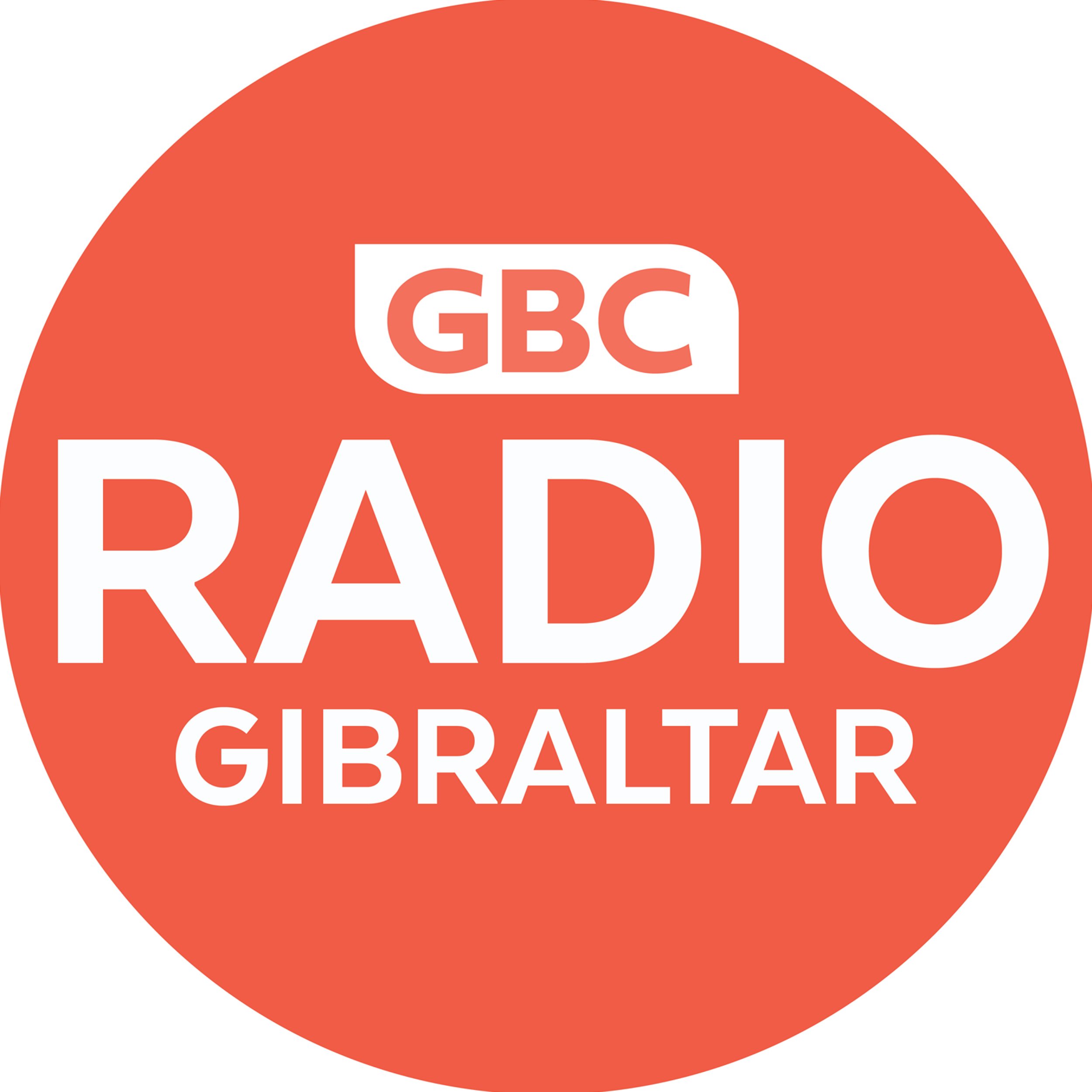
During the COVID-19 pandemic, public radio also participated in and led various community initiatives and social campaigns.
South Africa’s public broadcaster, SABC, partnered with other broadcasters in the country during the first national lockdown to help raise awareness of and combat gender-based violence (GBV). The ‘Turn down your radio’ joint initiative helped to support victims of abuse at a time when reports of domestic violence were increasing at an alarming rate.
Amid school closures in the UK, local BBC radio stations encouraged the public to donate used internet-able devices to children most in need through its ‘Make a Difference’ campaign. According to the public broadcaster, more than 46,000 laptops and tablets were donated by the public, and an additional 2000 were donated by the BBC. Meanwhile, as the BBC ramps up its climate change coverage, new projects like ‘Planet North’ have proven vital for consolidating regional collaborations and engaging with young people. Planet North brings together local BBC radio stations from across the north of England to “put a spotlight on current challenges and potential solutions to climate change and the environment”; it also provides an opportunity for the public to send in content of their individual efforts to tackle climate change.
From crisis response and preparedness to local journalism, radio continues to be a trusted source of information for societies, democracy, and individuals around the world. As demonstrated above, our public radio members play a particularly crucial role in the wider radio landscape, with core values that epitomise the reasons why trust remains so high – independence, accountability, and accessibility, to name a few. This World Radio Day we call on governments, authorities, and citizens to take a moment to recognise the importance of such radio stations, and why it is so critical that they are able to continue to inform, educate and entertain publics around the world.
Header Image: Svetlana Printcev, Executive Producer, SBS Russian. Credit: SBS Radio
Related Posts
18th October 2021
Radiodays Europe 2021: Public media’s latest innovations
How are public media redefining their…
18th June 2021
INSIGHT | A year like no other at CBC/Radio-Canada
CBC/Radio-Canada's 2021 annual public…
